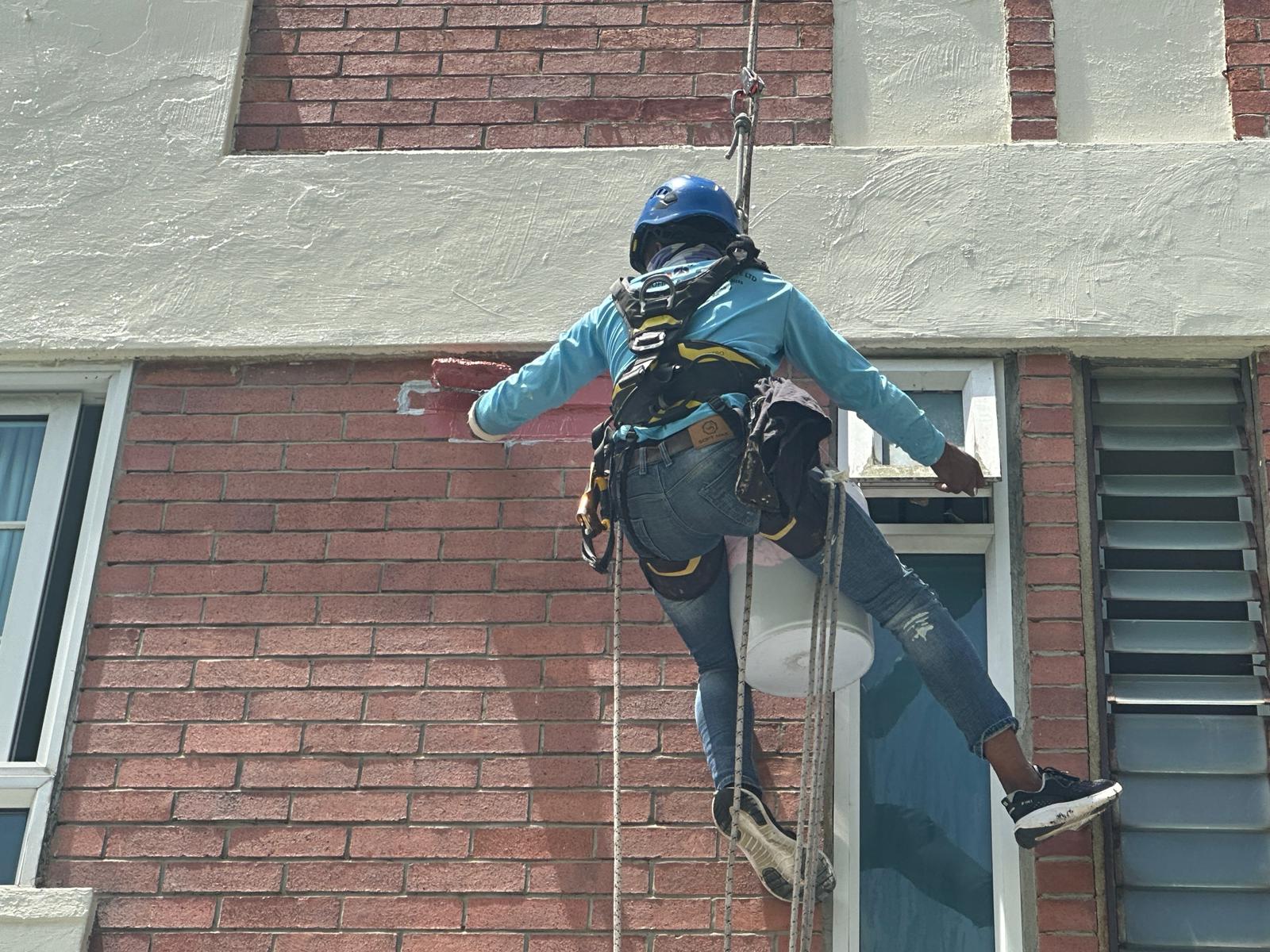Certificates and Licenses Required to Start a Waterproofing Company in Singapore
Waterproofing Company in Singapore

It takes more than just technical expertise and experience to launch a waterproofing business in Singapore. The waterproofing industry is heavily regulated because it impacts building safety, durability, and adherence to building codes. It is also closely related to the construction industry. Before they can legally operate, entrepreneurs who want to start such a business must obtain the necessary licenses, certificates, and registrations.
This article offers a thorough rundown of the various licenses and permits required to launch a waterproofing company in Singapore, as well as helpful advice on how to apply.
1. Business Registration with ACRA
Registering your business with the Accounting and Corporate Regulatory Authority (ACRA) is the first and most important step.
- Certificate of Incorporation: ACRA provides a Certificate of Incorporation following the registration of your company as a private limited company, partnership, or sole proprietorship. Your business is legally established by this document.
- Establishing a Private Limited Company (Pte. Ltd.) is advised for the majority of construction-related enterprises. Government agencies and large clients favor this structure because it offers limited liability protection.
- You cannot lawfully operate or apply for other industry-related licenses if you are not registered with ACRA.
2. BizSAFE Certification
Workplace safety is a top priority in Singapore, particularly in the construction industry. The BizSAFE Program, which certifies businesses based on their safety management practices, is supervised by the Workplace Safety and Health (WSH) Council.
- In the waterproofing and construction sector, BizSAFE Level 2 is frequently the bare minimum needed for subcontractors.
- BizSAFE Level 3 or higher, which certifies that your business has risk management systems and conforms with workplace safety regulations, may be required to bid on larger projects.
Before awarding contracts, clients—such as government organizations and developers—frequently demand that contractors possess a current BizSAFE certification.
3. Building and Construction Authority (BCA)
You must register your business with the Building and Construction Authority (BCA) through the Contractors Registration System (CRS) if you plan to work on government or public sector projects.
- You must register under the CR13 (Waterproofing Installation) category in order to perform waterproofing work.
- CR13 Certification: This certification demonstrates that your business has the financial resources, skilled personnel, and technical know-how to handle waterproofing projects.
- BCA looks at your safety record, staff credentials, and prior project experience.
Your company might only be able to work on small-scale private projects if you are not registered as a BCA, which would limit your growth prospects.
4. Skills Certification for Workers
Workers who are officially certified in waterproofing techniques must be employed by a waterproofing company. For skilled workers and supervisors in construction-related trades, such as waterproofing, the BCA CoreTrade Scheme offers certification.
- To demonstrate competency, workers might have to pass practical trade exams.
- To supervise waterproofing installations, supervisors and foremen must also possess the necessary certifications.
- In addition to being required by law, using certified tradespeople increases credibility with customers who value fine craftsmanship.
5. Waterproofing Product Certification
Certain waterproofing materials may require permission from the appropriate authorities, particularly chemical-based solutions like membranes, coatings, and sealants:
- Singapore Green Building Council (SGBC) Certification: Having products certified as “green” can give your business an advantage in environmentally friendly construction projects if you want to offer eco-friendly waterproofing solutions.
- Testing and Product Standards: To ensure adherence to safety and quality standards, some waterproofing products need to be certified by ISO or Singapore Standards (SS).
Under Enterprise Singapore, additional licenses might be needed if your business also imports or distributes waterproofing materials.
6. Work Permit and Employment Pass Approvals
Many waterproofing companies use skilled migrant laborers from Bangladesh, India, and Myanmar. If you intend to hire foreign employees:
- You need to apply to the Ministry of Manpower (MOM) for the appropriate Work Permits (WP) or S Passes.
- Under the Foreign Worker Housing Rules, employers are also required to maintain appropriate housing standards and pay levies.
Because violations of manpower laws can result in severe penalties and the suspension of business licenses, this is an important compliance area.
7. Insurance Certificates
Risks associated with a waterproofing business include defects, property damage, and worker injuries. Obtaining insurance is frequently a prerequisite for obtaining contracts. Typical policies consist of:
- Workers who perform manual labor are required to have work injury compensation insurance.
- Public liability insurance shields your business from lawsuits brought by third parties alleging harm or property damage.
- All-risk insurance for contractors is necessary for major projects.
Before awarding contracts, many clients will ask to see proof of insurance certificates.
8. Special Licenses for Related Works
- Other certifications might be necessary if your waterproofing business plans to offer more services than just waterproofing:
- Painting and coating projects might need to be further categorized under the BCA.
- Structural and roofing repairs fall under different BCA registration categories.
- Chemical Handling: The National Environment Agency (NEA) may require licenses if waterproofing entails the use of industrial chemicals.
This guarantees adherence to environmental and safety regulations.
You are reading this blog on The Global Newz




